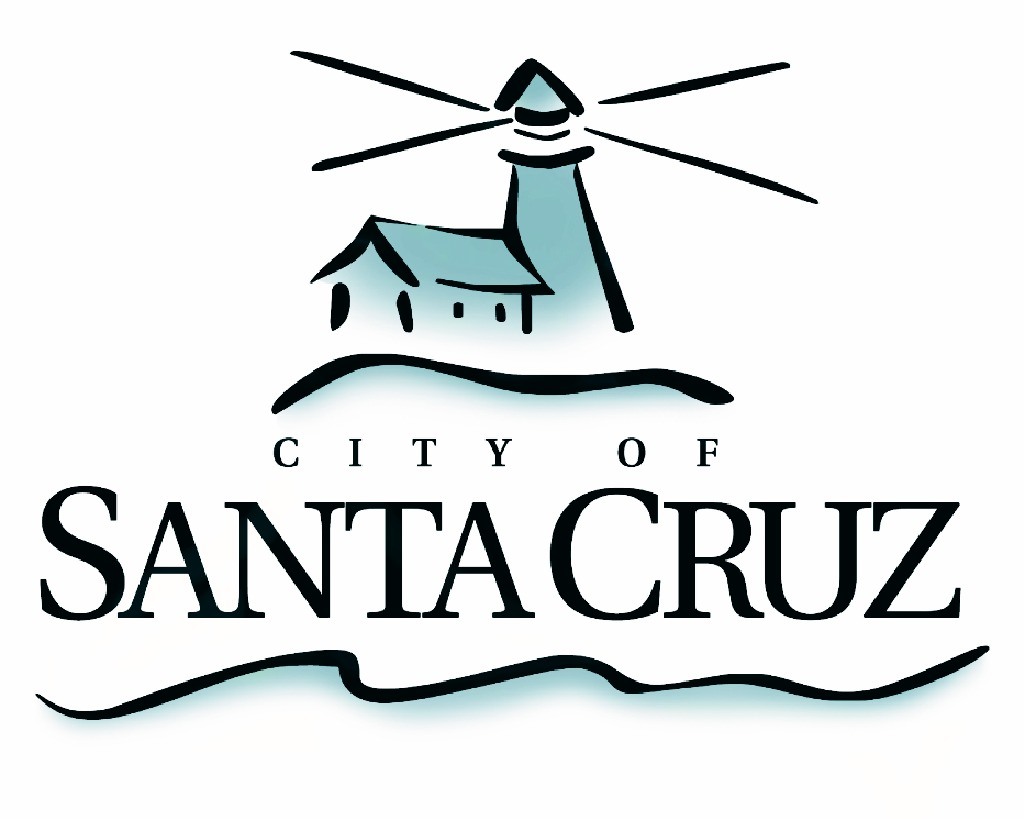
On January 28, 2020, members of the Santa Cruz City Council voted unanimously to decriminalize the possession and cultivation of a wide variety of naturally-occurring psychedelic plants and fungi. The resolution titled, Resolution regarding adult personal use and personal possession of entheogenic plants and fungi states:
NOW, THEREFORE BE IT RESOLVED the City of Santa Cruz declares its desire to not expend City resources in the investigation and arrest of persons twenty-one (21) years of age and older solely for the personal use and personal possession of Entheogenic Plants and Fungi listed on the Federal Schedule 1 list and that such activities should be considered among the lowest law enforcement priorities for the City of Santa Cruz.
Some of the naturally-occurring psychedelic plants and fungi that are now decriminalized in Santa Cruz include psilocybin mushrooms (aka magic mushrooms), ayahuasca, peyote, and ibogaine. Based on the wording of the resolution, it does not appear that individual compounds from naturally-occurring plants and fungi are decriminalized, only the intact organism. For example, possession and personal use of pure psilocybin, DMT (dimethyltryptamine, found in ayahuasca), and mescaline (found in peyote) would still be a normal priority for the police to investigate.
Another provision in the measure mobilizes local lobbyists to work on decriminalizing all scheduled naturally-occurring psychedelic plants and fungi, not just those on Federal Schedule 1:
BE IT FURTHER RESOLVED that the Santa Cruz City Council directs the city manager to instruct the city’s state and federal lobbyists to work in support of decriminalizing all entheogenic psychoactive plants, and plant and fungi-based compounds listed in the Federal Controlled Substances Act.
The Inner Workings of the Effort
The Santa Cruz Sentinel reported that Mayor Justin Cummings and councilmembers Sandy Brown and Drew Glover promoted the decriminalization effort within the council. They were driven by an outpouring of emotional testimony from people in the community who shared their struggles with mental health issues and attempted to treat their symptoms. Outside the legislative sphere, Decriminalize Santa Cruz co-founder Sean Cutler has been working over the last eight months with the community and lobbying for the changes in the Santa Cruz criminal code.
Santa Cruz councilman Chris Krohn praised Cutler and the many advocates of Decriminalize Santa Cruz and said they had “been a model of planting a political seed.” They did this by creating a path for the local community to learn about and welcome the freedom to use entheogenic plants and fungi.
In a recent interview, Julian Hodge, another co-founder of Decriminalize Santa Cruz, told Marijuana Moment,
These eight months we’ve been working on the resolution, I’ve met so many people whose lives were saved by entheogenic plants and fungi. The Santa Cruz City Council took a great step to help those people today. I am incredibly proud to be part of this movement, and can’t wait to see the change we continue to make in the future.
A Growing Trend of Local Legislation Concerning Psychedelics
Santa Cruz joins Oakland, California, and Denver, Colorado, and nearly 100 other cities that have recently decriminalized, are working toward or considering legislation on psychedelic drugs. Oakland’s city council unanimously approved a measure similar to Santa Cruz, making a wide range of naturally-occurring psychedelics low priority for law enforcement. The Decriminalize Denver movement was successful with a ballot measure that led to the decriminalization of psilocybin mushrooms. Also, the Oregon Psilocybin Society is working on their PSI2020 ballot proposal, which would legalize psilocybin mushrooms for therapeutic use.
